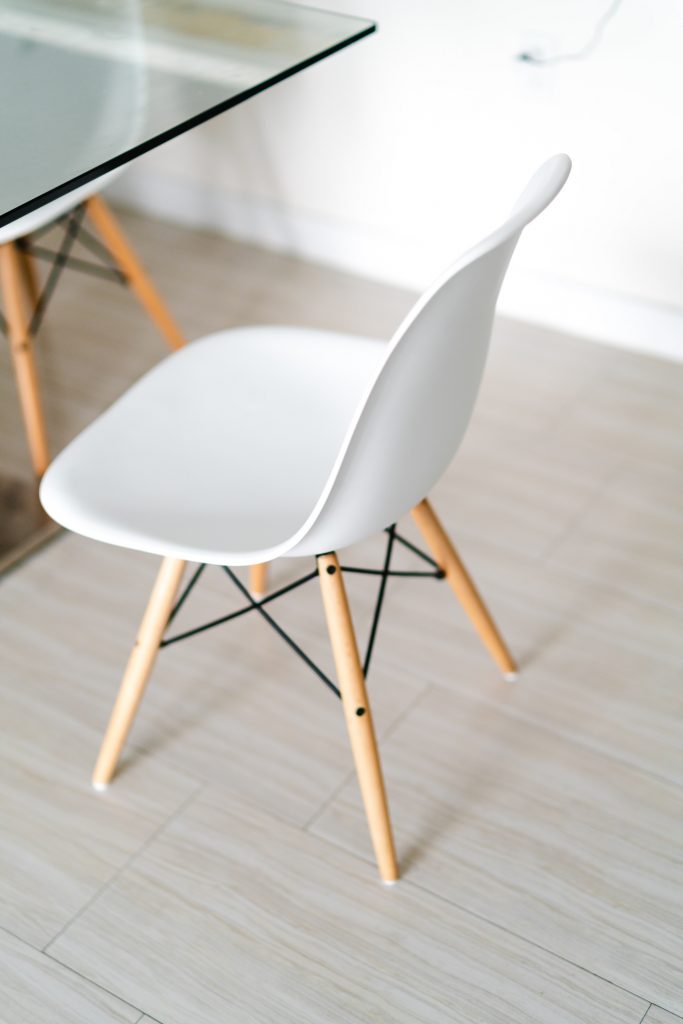England has long been a child of pain for Danish design companies, as it has been legal to produce and sell copies of design classics in England. Most of these furniture has landed in Denmark, and has damaged the Danish furniture industry. This has now come a very big step closer to being history.
In England and most common law countries (Australia, India and the United States, etc.), traditionally there has been no desire to protect industrial design under copyright law. This is because, in these countries, it is believed that copyright is a personal right which does not harmonize with the industrial mass production of functional articles. England has thus had a rule (section 52) whereby copyright protection of functional articles would not be possible if the articles were produced in more than 50 copies. This meant that industrial design alone could enjoy protection as a registered design for up to 25 years after creation. Since all other important EU countries have common rules (except Romania and Latvia), according to which industrial design is protected for 70 years after the death of the creator, it has meant that many copy companies have gathered in England.
There has been a great deal of pressure on England to harmonize its copyright protection with the rest of the EU. after the EU Court ruled in the Flos decision. This has now led to the repeal of section 52 with effect from 28 July 2016. A transitional period has been introduced, according to which the companies that have so far produced copy furniture must continue with this for 6 months after repealing the provision, which means that these companies must cease their production by January 28, 2017 or enter into an agreement with the rightholders, which in most cases is unthinkable.
This is a big step in the right direction when it comes to stopping copying Danish design classics in England, but unfortunately the trees do not grow in the sky, as the rule continues to apply only to furniture and designs that otherwise meet the requirements for copyright protection in England. Common Law countries have traditionally placed extremely high demands on the artistic element of copyrighted works. Where Denmark, together with France, has a very lenient protection of designs under copyright and therefore places very limited demands on creative efforts, England and a large number of other EU countries have made far greater demands. In the US, the functional element and the creative element are required to be separated, which means that the vast majority of furniture designs cannot be protected under copyright, since it is impossible to separate the artistic elements from the functional.
This rule has not been changed during the revision of the English Copyright Act, which means that there is now a time when the legal position is uncertain and where furniture companies have to settle on themselves if they wish to take legal action in England for the purpose of to clarify whether their designs are protected. This will mean that companies still have to consider whether to invest the often very large sums (£ 1 million plus) that a lawsuit costs in England.
The rescue may be that in a number of very principled and controversial judgments (the Panier and Infopaq ruling), the European Court of Justice has interpreted the so-called infosoq directive that regulates Internet trading in a way that most savvy believes that the requirements for copyright protection must be considered harmonized at EU level – including industrial design. Following these rulings, a product resulting from the author’s own creative efforts could be protected under copyright laws, and the court further believes that all copyright works enjoy the same protection, which means, among other things, the Danish Supreme Court’s practice that industrial Design alone is protected from imitation imitation, can no longer be considered valid. The Supreme Court has not yet recognized this practice, but it is probably only a matter of time before it will happen.
So there is hope ahead, but the fight to stop copies from England is not yet over, but one can hope that the new changes will make copy companies in England find it less lucrative to copy Danish furniture classics and therefore cease it.
If you would like to hear more about protecting your furniture designs, please contact us.

